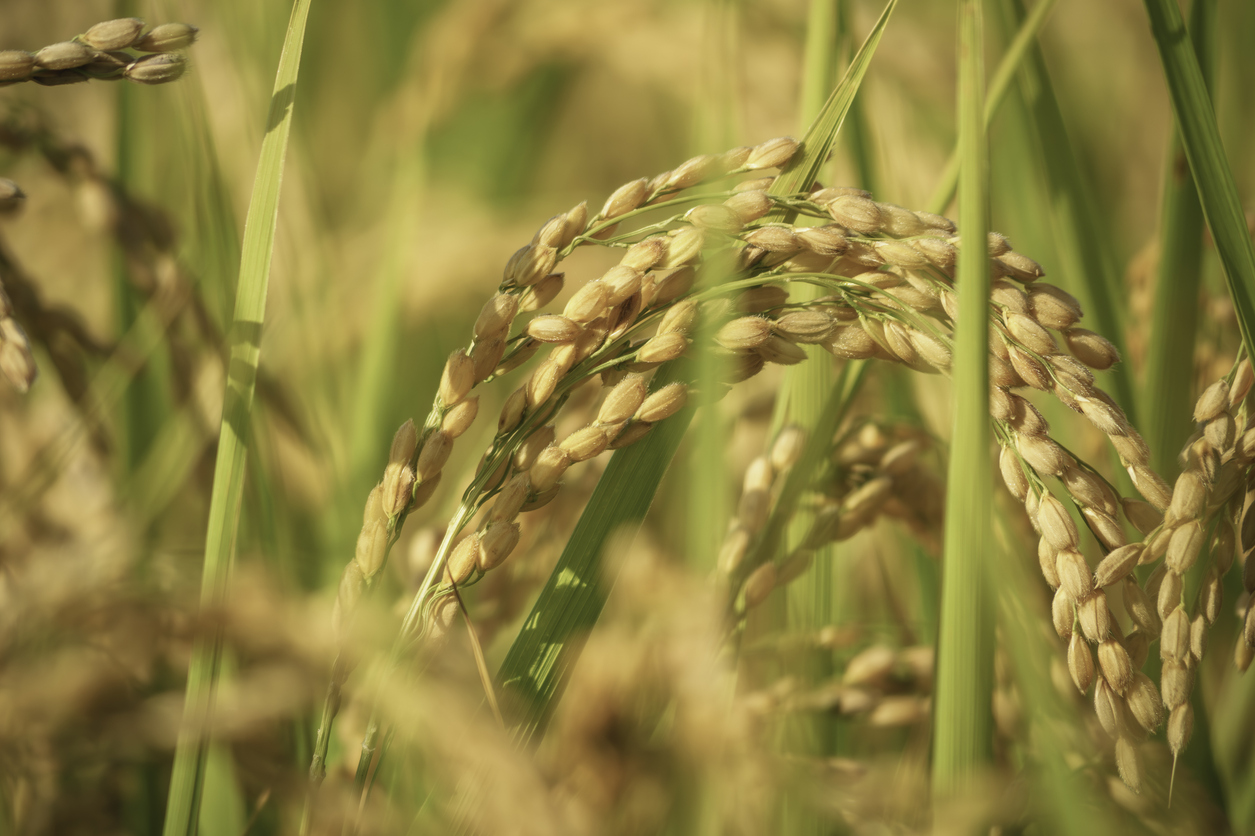
Experts Develop Optimized Transformation Systems for Local Rice Varieties
September 3, 2025| |
Researchers from Anhui Science and Technology University in China reported the successful development of a transformation system for four japonica rice varieties and editing of rice gene OsCCD7. The results are reported in Agronomy.
Agrobacterium-mediated transformation is commonly used in developing rice traits. However, with their complex genotypes, it is a challenge to find an effective transformation system for local rice varieties. Thus, the research team selected four rice varieties to test the effects of different culture media on callus induction, browning resistance, contamination resistance, callus tolerance, differentiation, regeneration, and root development. Furthermore, they also selected two varieties for gene editing to improve plant architecture and tiller development using constructive transformation systems.
The tests showed that customized culture media is the key to better transformation. XG293 and WD68 rice varieties garnered the best results with a specific concentration of 2 mg/L of 2,4-D and 1 mg/L of naphthaleneacetic acid (NAA); while indica rice H128 and E33 worked best with 3 mg/L of 2,4-D and 1 mg/L of NAA. Adding maltose and ascorbic acid to the media was observed to stop the severe browning of variety H128, and timentin was effective in controlling contamination after the Agrobacterium infection. High transformation rates for all four varieties were recorded after adjusting the infection time. XG293 and WD68 had high transformation efficiencies of 43% and 52%, respectively, with a 10-minute infection time; while H128 and E33 performed better with a shorter, 5-minute infection time, reaching transformation efficiencies of 40%.
Gene editing of OsCCD7 led to mutated rice plants (in WD68 and H128) with a dwarf or shorter stature but a significant increase in the number of tillers, leading to a more compact and productive plant structure.
Read more findings in the Agronomy journal.
| |
You might also like:
- India Releases Two Genome-Edited Rice Varieties
- High-yield Rice Emits up to 70% Less Methane
- Study on GM Rice to Cure Hay Fever Moves Forward
Biotech Updates is a weekly newsletter of ISAAA, a not-for-profit organization. It is distributed for free to over 22,000 subscribers worldwide to inform them about the key developments in biosciences, especially in biotechnology. Your support will help us in our mission to feed the world with knowledge. You can help by donating as little as $10.
-
See more articles:
-
Plant
- AI Uncovers Key to Sustaining Rice Yields for Billions Around the World
- CRISPR Reverses Detrimental Effects of Natural Mutation in Rice Gene
- Experts Develop Optimized Transformation Systems for Local Rice Varieties
- High Seed Costs and Consumer Resistance Impede GM Maize Adoption in Ghana
-
Animal
- Gene-Edited Cane Toads Shed Light on Albinism
-
Food
- Scientists Use CRISPR to Create More Resilient Raspberries
- Study Finds Price and Shelf Life Drive Consumer Demand for GM Foods in South Africa
-
Environment
- Sunlight-Recharged Glow-in-the-dark Succulents New Way to Plant-based Lighting Systems
-
Read the latest: - Biotech Updates (December 17, 2025)
- Gene Editing Supplement (December 17, 2025)
- Gene Drive Supplement (February 22, 2023)
-
Subscribe to BU: - Share
- Tweet

